Elon Musk and Sam Altman founded OpenAI together, but now trade barbs. Here's the history of their working relationship and feud.
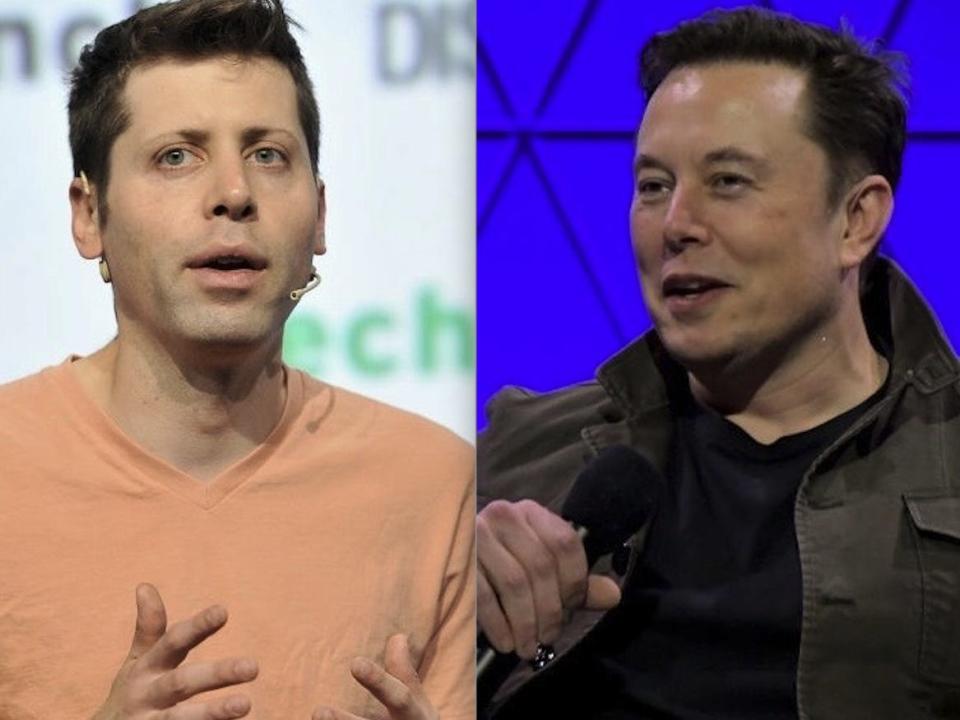
Elon Musk helped found OpenAI, but he has frequently criticized it in recent years.
Musk filed a lawsuit against OpenAI in August and just amended it to include Microsoft.
Here's a history of Musk and Altman's working relationship.
Elon Musk and Sam Altman lead rival AI firms and now take public jabs at each other — but it wasn't always like this.
Years ago, the two cofounded OpenAI, which Altman now leads. Musk departed OpenAI, which created ChatGPT, in 2018, and recently announced his own AI venture, xAI.
There was enough bad blood that Musk sued OpenAI and Altman, accusing them in the suit of betraying the firm's founding principles, before dropping the lawsuit. The billionaire then filed a new one a few months later, claiming he was "deceived" into confounding the company. He just amended it to include Microsoft as a defendant, and his lawyers accused the two companies of engaging in monopolistic behavior.
Here's a look at Musk and Altman's complicated relationship over the years:
Musk and Altman cofounded OpenAI, the creator of ChatGPT, in 2015, alongside other Silicon Valley figures, including Peter Thiel, LinkedIn cofounder Reid Hoffman, and Y Combinator cofounder Jessica Livingston.

The group aimed to create a nonprofit focused on developing artificial intelligence "in the way that is most likely to benefit humanity as a whole," according to a statement on OpenAI's website from December 11, 2015.
At the time, Musk said that AI was the "biggest existential threat" to humanity.
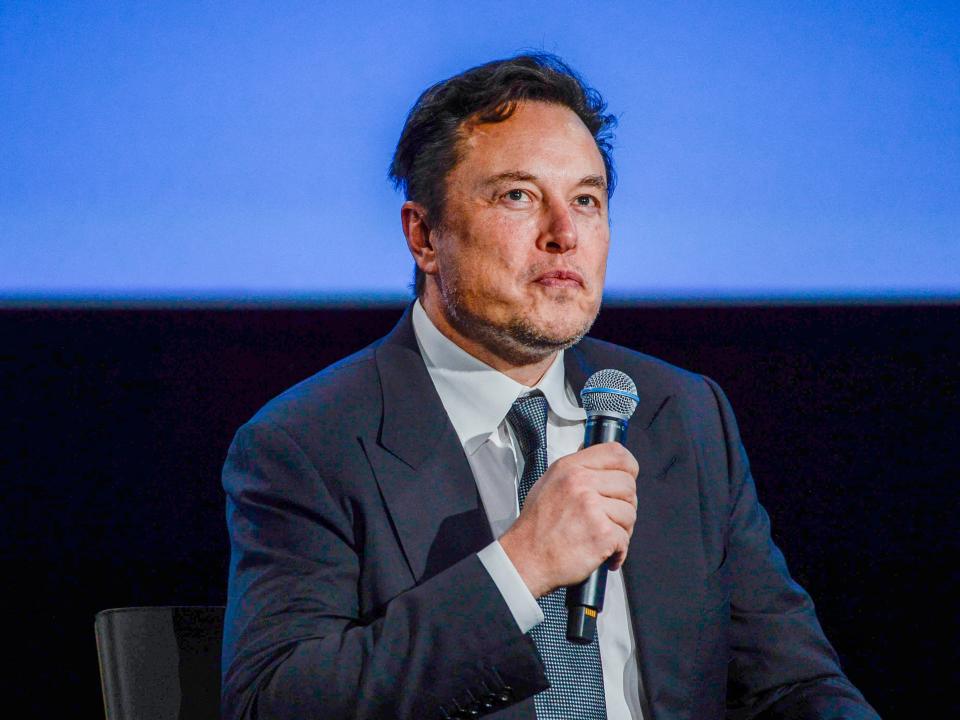
"It's hard to fathom how much human-level AI could benefit society, and it's equally hard to imagine how much it could damage society if built or used incorrectly," a statement announcing the founding of OpenAI reads.
Musk stepped down from OpenAI's board of directors in 2018.
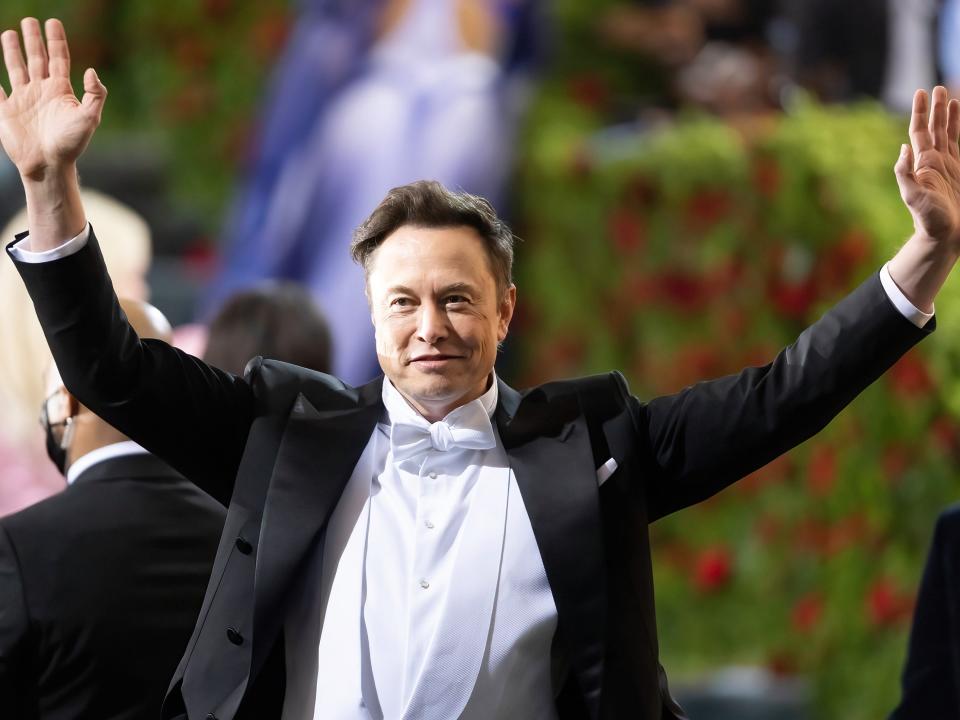
"As Tesla continues to become more focused on AI, this will eliminate a potential future conflict for Elon," OpenAI said in a blog post at the time, adding that Musk would continue to provide guidance and donations.
With his departure, Musk also backed out of a commitment to provide additional funding to OpenAI, a person involved in the matter told The New Yorker.
"It was very tough," Altman told the magazine of the situation. "I had to reorient a lot of my life and time to make sure we had enough funding."
In 2023, it was reported that Sam Altman and other OpenAI cofounders had rejected Musk's proposal to run the company in 2018.
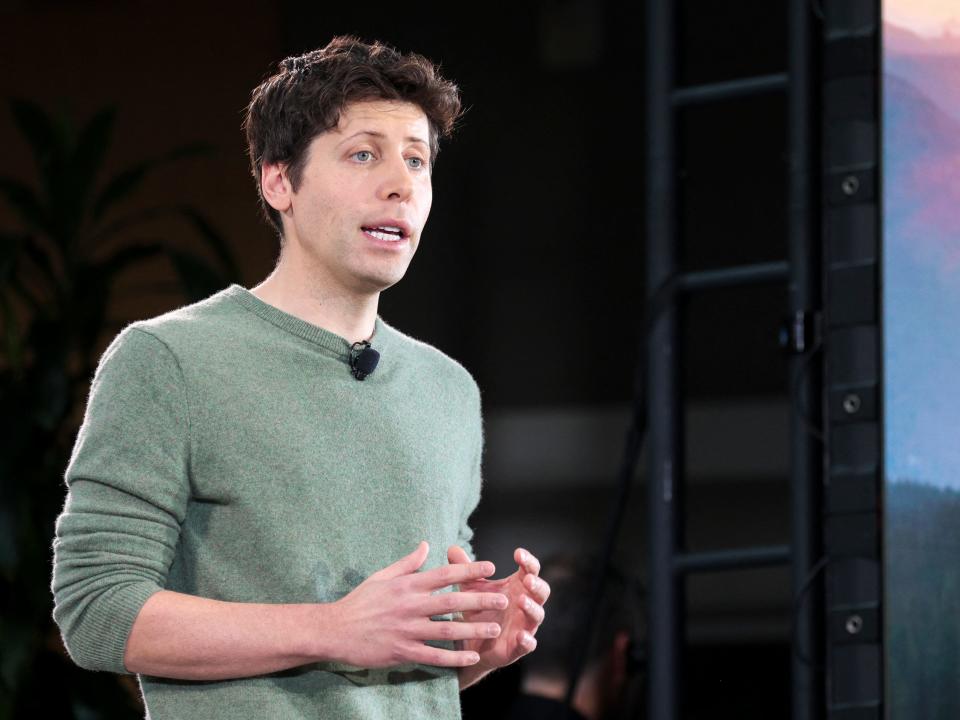
Semafor reported that Musk wanted to run the company on his own in an attempt to beat Google. But when his offer to run the company was rejected, he pulled his funding and left OpenAI's board, the news outlet reported.
In 2019, Musk shared some insight on his decision to leave, saying one of the reasons was that he "didn't agree" with where OpenAI was headed.
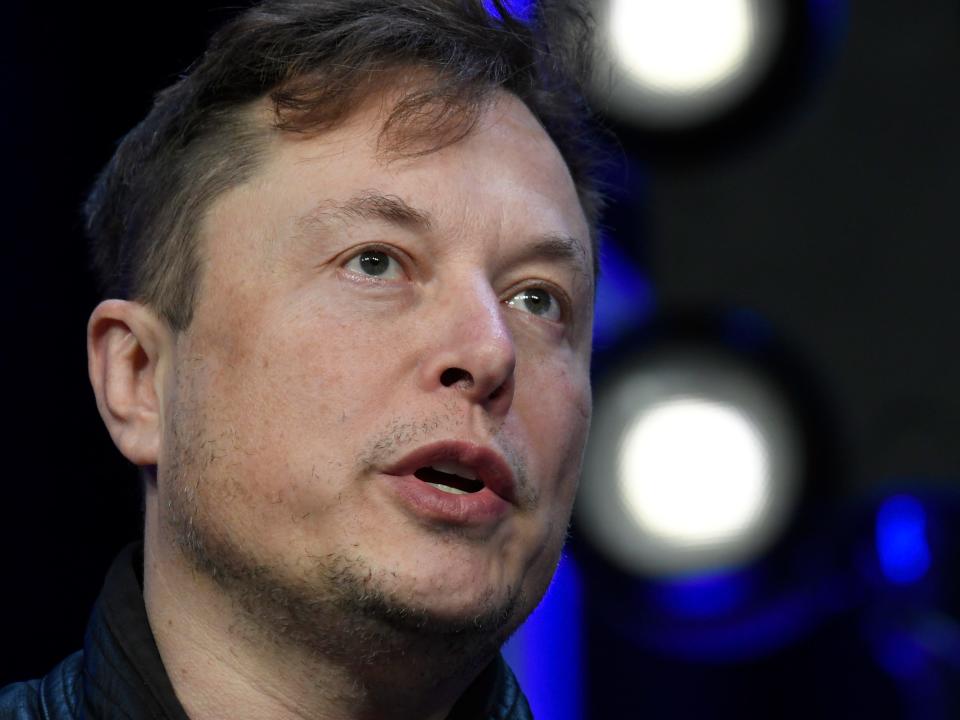
"I had to focus on solving a painfully large number of engineering & manufacturing problems at Tesla (especially) & SpaceX," he tweeted. "Also, Tesla was competing for some of same people as OpenAI & I didn't agree with some of what OpenAI team wanted to do. Add that all up & it was just better to part ways on good terms."
Musk has taken shots at OpenAI on several occasions since leaving.
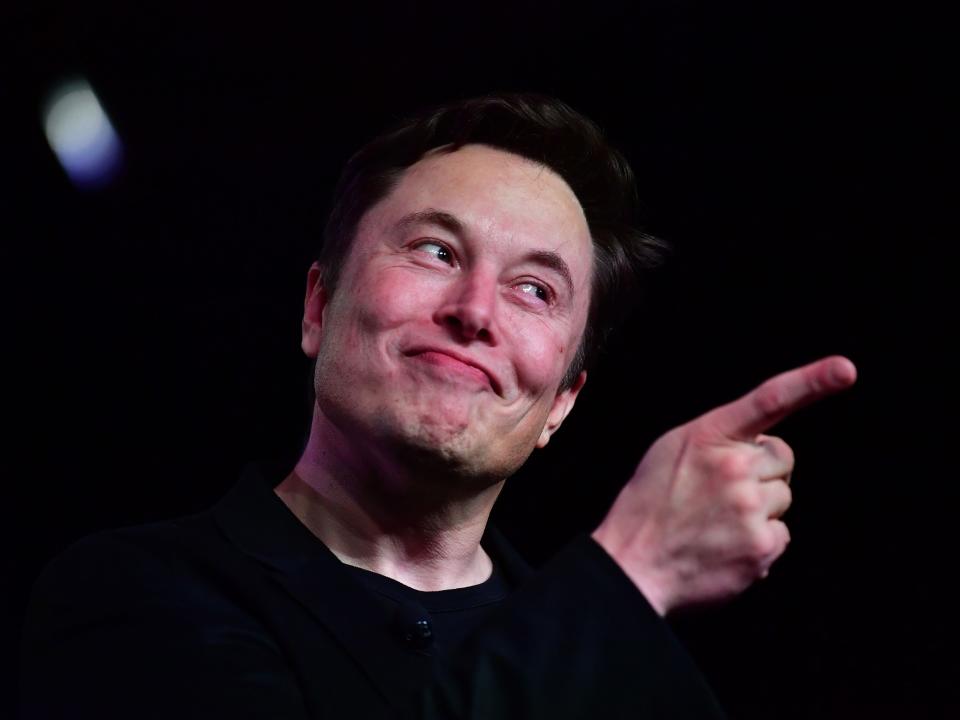
Two years after his departure, Musk said, "OpenAI should be more open" in response to an MIT Technology Review article reporting that there was a culture of secrecy there, despite OpenAI frequently proclaiming a commitment to transparency.
Musk also added that his "confidence in Dario for safety is not high," referring to Dario Amodei, who led OpenAI's strategy at the time.
In December 2022, days after OpenAI released ChatGPT, Musk said the company had prior access to the database of Twitter — now owned by Musk — to train the AI chatbot and that he was putting that on hold.
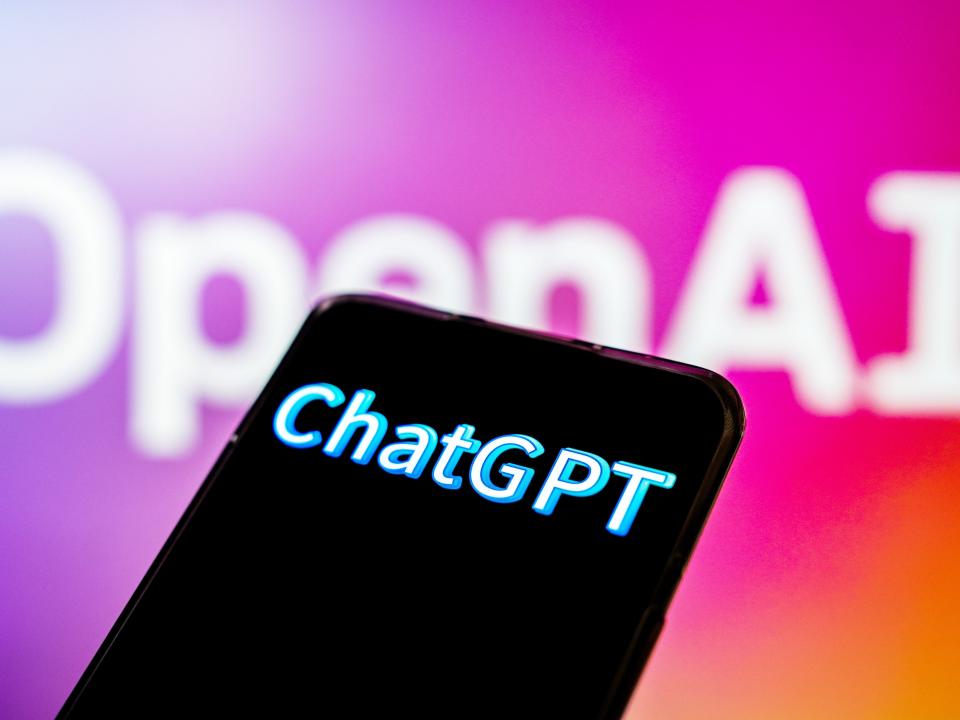
"Need to understand more about governance structure & revenue plans going forward. OpenAI was started as open-source & non-profit. Neither are still true," he said.
Musk was reportedly furious about ChatGPT's success, Semafor reported in 2023.
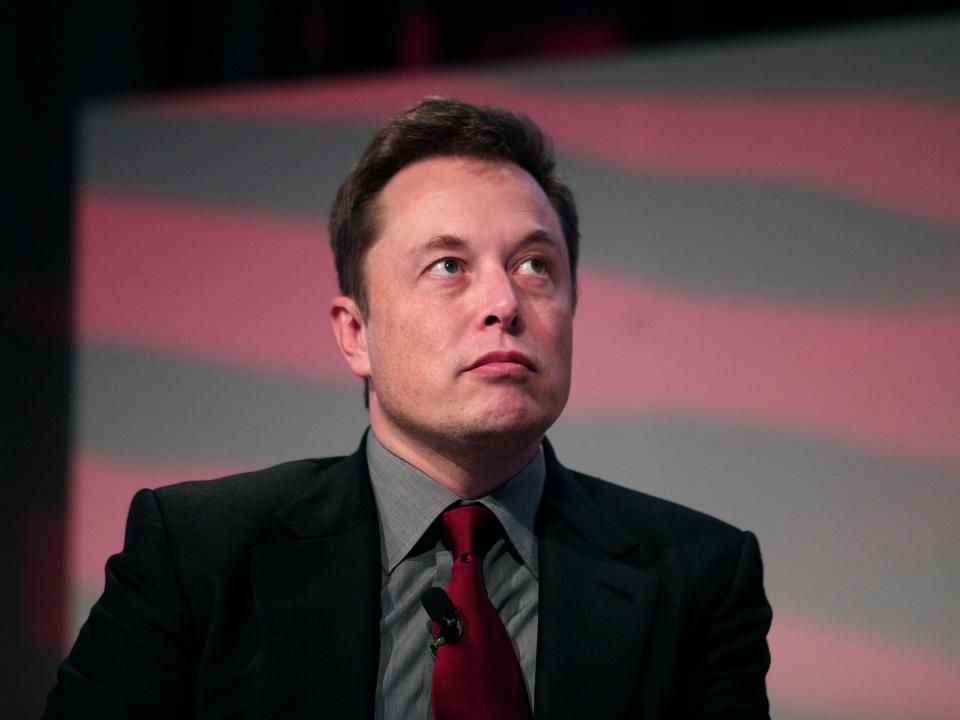
In November 2022, the chatbot took off and garnered millions of users for its ability to do everything from write essays to craft basic code.
In February 2023, Musk doubled down, saying OpenAI as it exists today is "not what I intended at all."
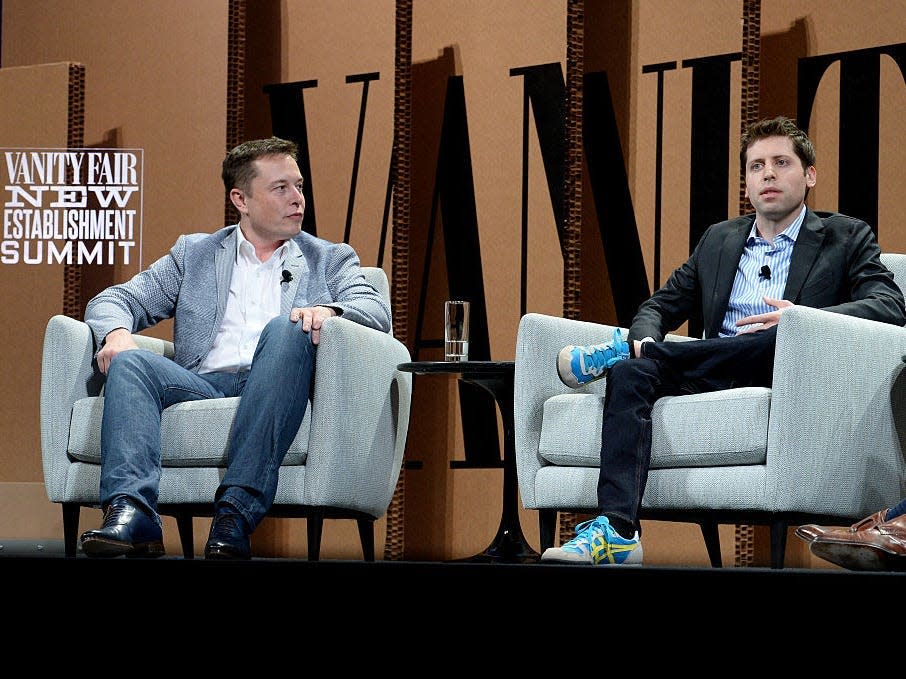
"OpenAI was created as an open source (which is why I named it "Open" AI), non-profit company to serve as a counterweight to Google, but now it has become a closed source, maximum-profit company effectively controlled by Microsoft. Not what I intended at all," he said in a tweet.
Musk repeated this assertion a month later.
"I'm still confused as to how a non-profit to which I donated ~$100M somehow became a $30B market cap for-profit. If this is legal, why doesn't everyone do it?" he tweeted.
Musk first sued Altman and OpenAI in March.
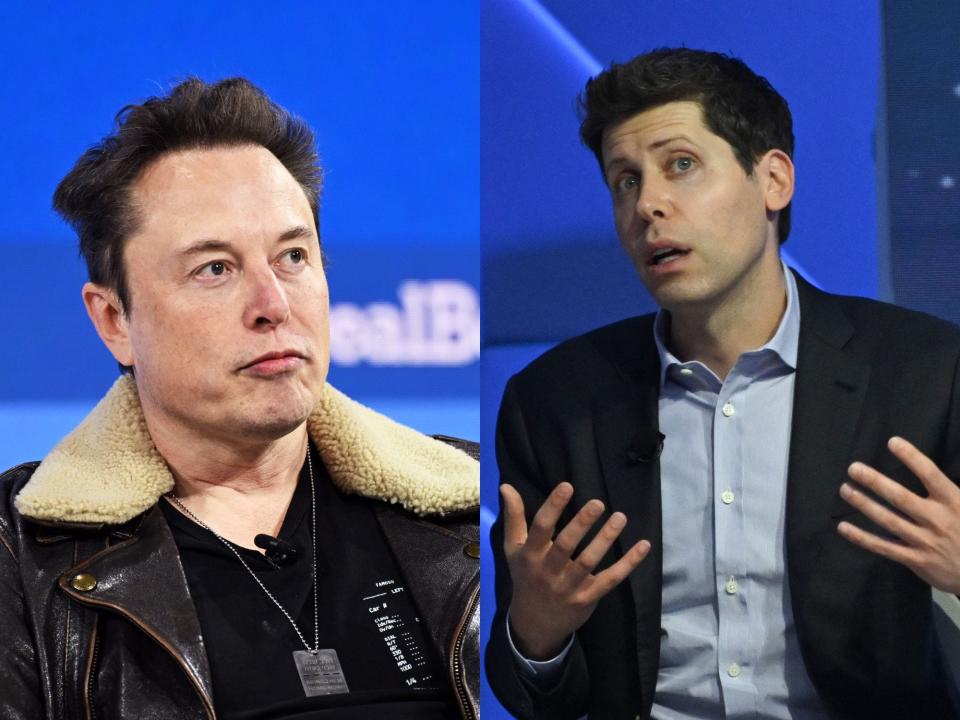
He first sued OpenAI, Altman, and cofounder Greg Brockman, in March alleging the company's direction in recent years has violated its founding principles.
His lawyers alleged OpenAI "has been transformed into a closed-source de facto subsidiary of the largest technology company in the world" and is "refining an AGI to maximize profits for Microsoft, rather than for the benefit of humanity."
In response, OpenAI called the lawsuit "incoherent" and "contradictory," suggesting Musk was jealous of the company's success without him.
A few months later, Musk withdrew the lawsuit, a day before a judge was set to consider the future of the case in a hearing.
Altman has addressed some of Musk's gripes about OpenAI.
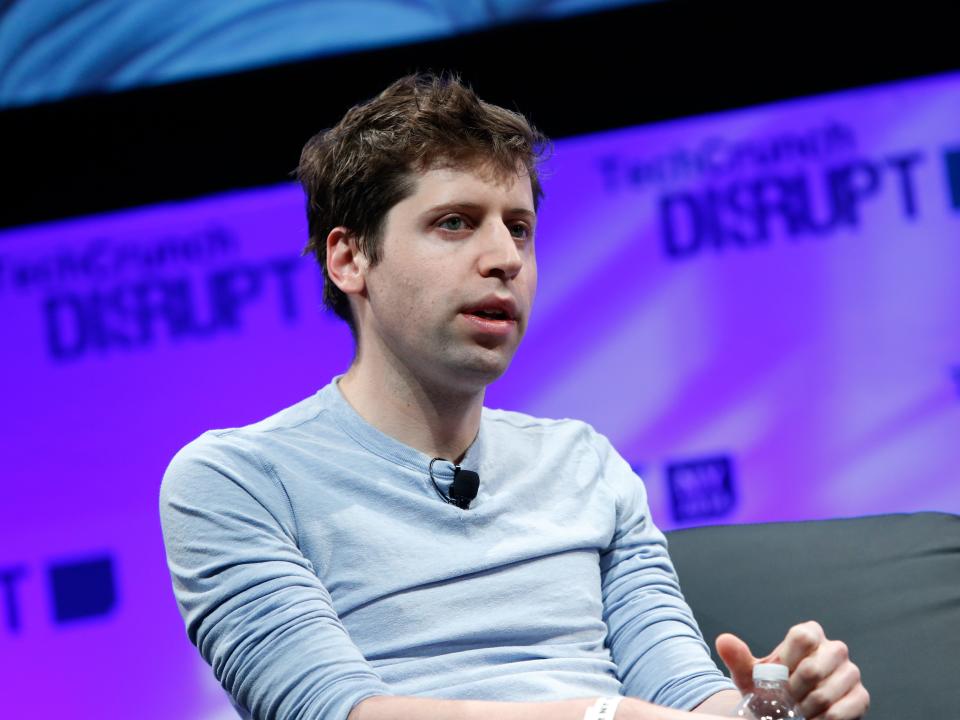
"To say a positive thing about Elon, I think he really does care about a good future with AGI," Altman said last year on an episode of the "On With Kara Swisher" podcast, referring to artificial general intelligence.
"I mean, he's a jerk, whatever else you want to say about him — he has a style that is not a style that I'd want to have for myself," Altman told Swisher. "But I think he does really care, and he is feeling very stressed about what the future's going to look like for humanity."
In response to Musk's claim that OpenAI has turned into "a closed source, maximum-profit company effectively controlled by Microsoft," Altman said on the podcast, "Most of that is not true, and I think Elon knows that."
Altman also referred to Musk as one of his heroes despite the fact Musk is "obviously attacking" OpenAI on Twitter.
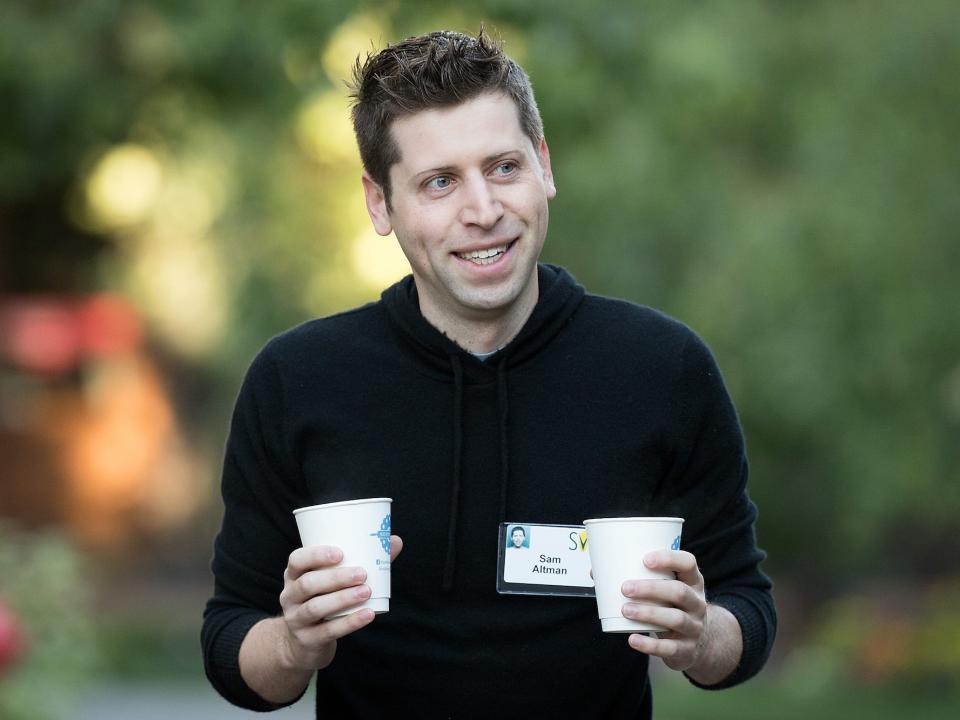
In a March 2023 episode of Lex Fridman's podcast, Altman said, "Elon is obviously attacking us some on Twitter right now on a few different vectors."
Nonetheless, he called Musk one of his heroes, adding, "I believe he is, understandably so, really stressed about AGI safety."
In a May 2023 talk at University College London, Altman was asked what he's learned from various mentors, Fortune reported. He answered by speaking about Musk.
"Certainly learning from Elon about what is just, like, possible to do and that you don't need to accept that, like, hard R&D and hard technology is not something you ignore, that's been super valuable," he said.
Musk was one of more than 1,000 people who signed an open letter calling for a six-month pause on training advanced AI systems.
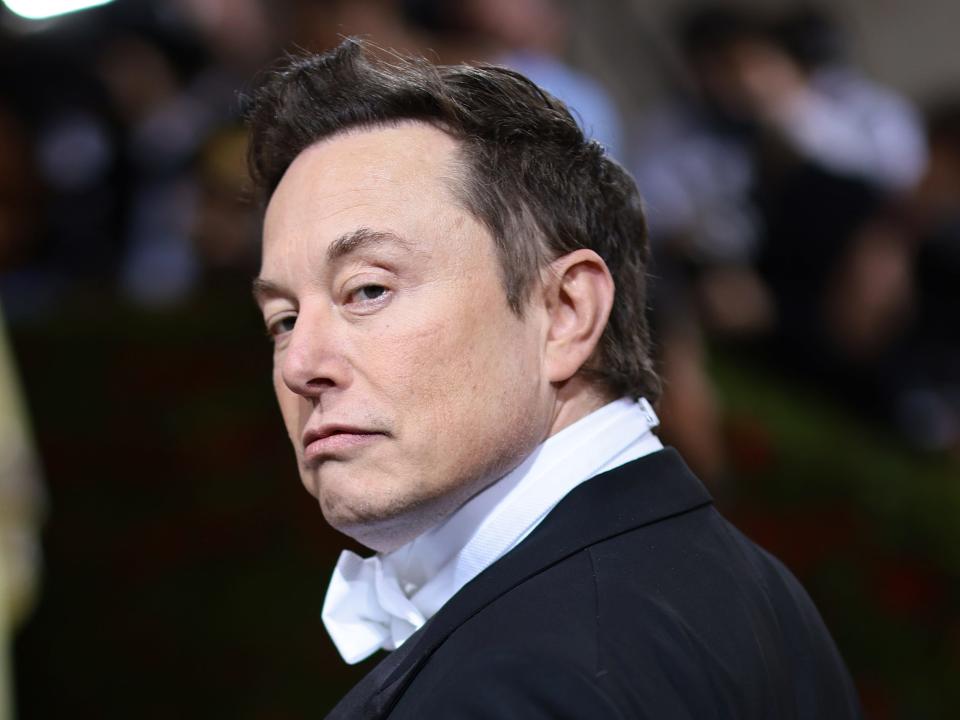
The letter, which also received signatures from several AI experts, cites concerns of AI's potential risks to humanity.
"Powerful AI systems should be developed only once we are confident that their effects will be positive and their risks will be manageable," the letter says.
But while he was publicly calling for the pause, Musk was quietly building his own AI competitor, xAI, The New Yorker reported in 2023.
Musk since briefly unfollowed Altman on Twitter before following him again; separately, Altman later poked fun at Musk's claim to be a "free speech absolutist."
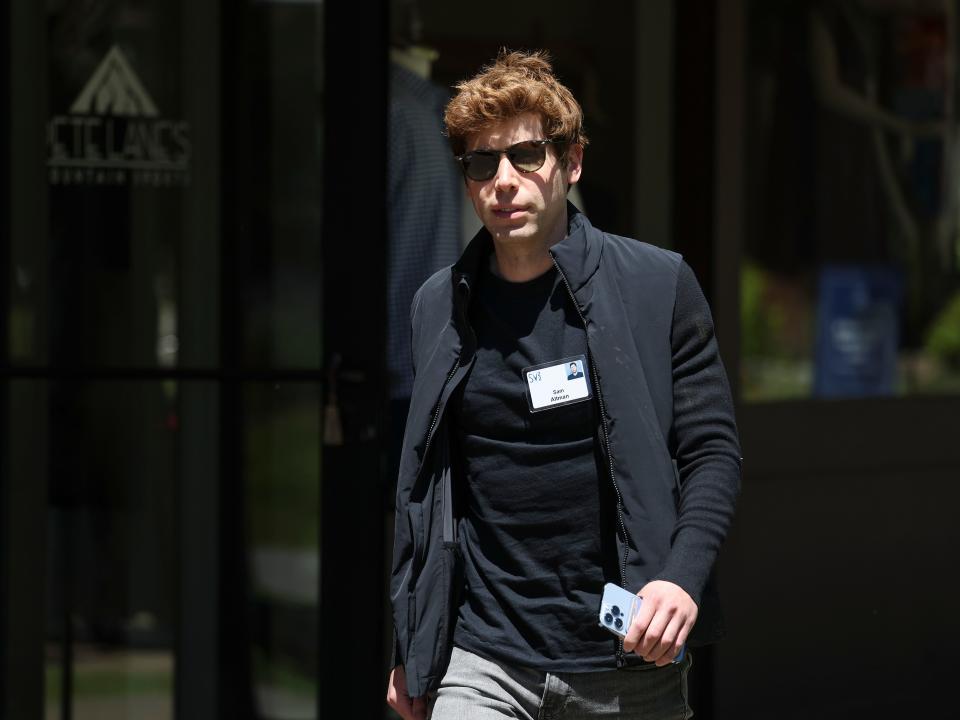
Twitter took aim at posts linking to rival Substack in 2023, forbidding users from retweeting or replying to tweets containing such links, before reversing course. In response to a tweet about the situation, Altman tweeted, "Free speech absolutism on STEROIDS."
Musk has called himself a "free speech absolutist" before and said it's one of the reasons he bought Twitter.
Altman joked that he'd watch Musk and Mark Zuckerberg's rumored cage fight.
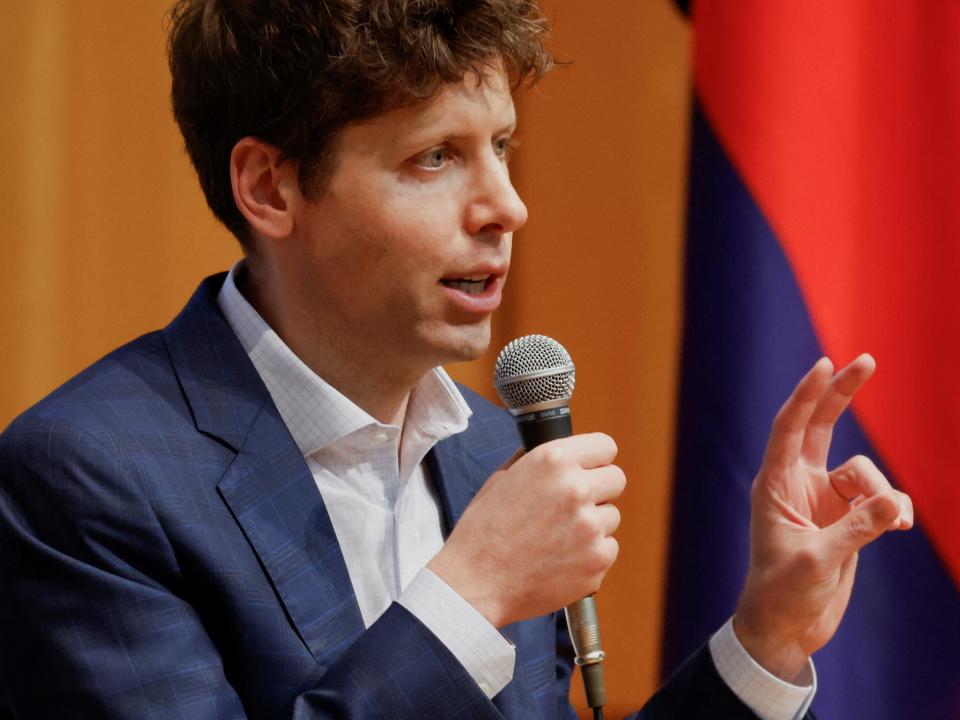
"I would go watch if he and Zuck actually did that," he said at the Bloomberg Technology Summit in June 2023, though he said he doesn't think he would ever challenge Musk in a physical fight.
Altman also repeated several of his previous remarks about Musk's position on AI.
"He really cares about AI safety a lot," Altman said at Bloomberg's summit. "We have differences of opinion on some parts but we both care about that and he wants to make sure we, the world, have the maximal chance at a good outcome."
Separately, Altman told The New Yorker in August 2023 that Musk has a my-way-or-the highway approach to issues more broadly.
"Elon desperately wants the world to be saved. But only if he can be the one to save it," Altman said.
Musk sued OpenAI again in August 2024, this time claiming he was "deceived" into cofounding the company.

Musk filed a new lawsuit in August against Altman and cofounder Greg Brockman, who recently left the company for three months and returned a couple of days ago.
The lawsuit alleges that OpenAI executives played on Musk's concerns about the existential risks of AI and "assiduously manipulated" him into cofounding the company as a nonprofit. The intent of the company was to focus on building AI safely in an open approach to benefit humanity, the lawsuit says.
The company has since decided to take a for-profit approach.
The company responded to the lawsuit by stating that "Elon's prior emails continue to speak for themselves."
The emails, which were published by OpenAI in March, show correspondence between Musk and OpenAI executives that indicated he supported a pivot to a for-profit model and was open to merging the AI startup with Tesla.
Musk expanded his beef with OpenAI to include Microsoft, accusing the two of constituting a monopoly

Musk amended the lawsuit against OpenAI on Thursday to include Microsoft as a defendant. He also named Reid Hoffman, who serves as a Microsoft board member and former OpenAI board member, as a defendant.
The billionaire called OpenAI's partnership with Microsoft a "de facto merger" and accused the two of anti-competitive practices, such as engaging in "lavish compensation." Musk's lawyers said the two companies "possess a nearly 70% share of the generative AI market."
"OpenAI has attempted to starve competitors of AI talent by aggressively recruiting employees with offers of lavish compensation, and is on track to spend $1.5 billion on personnel for just 1,500 employees," lawyers for Musk said in the complaint.
Read the original article on Business Insider

 Yahoo Autos
Yahoo Autos 